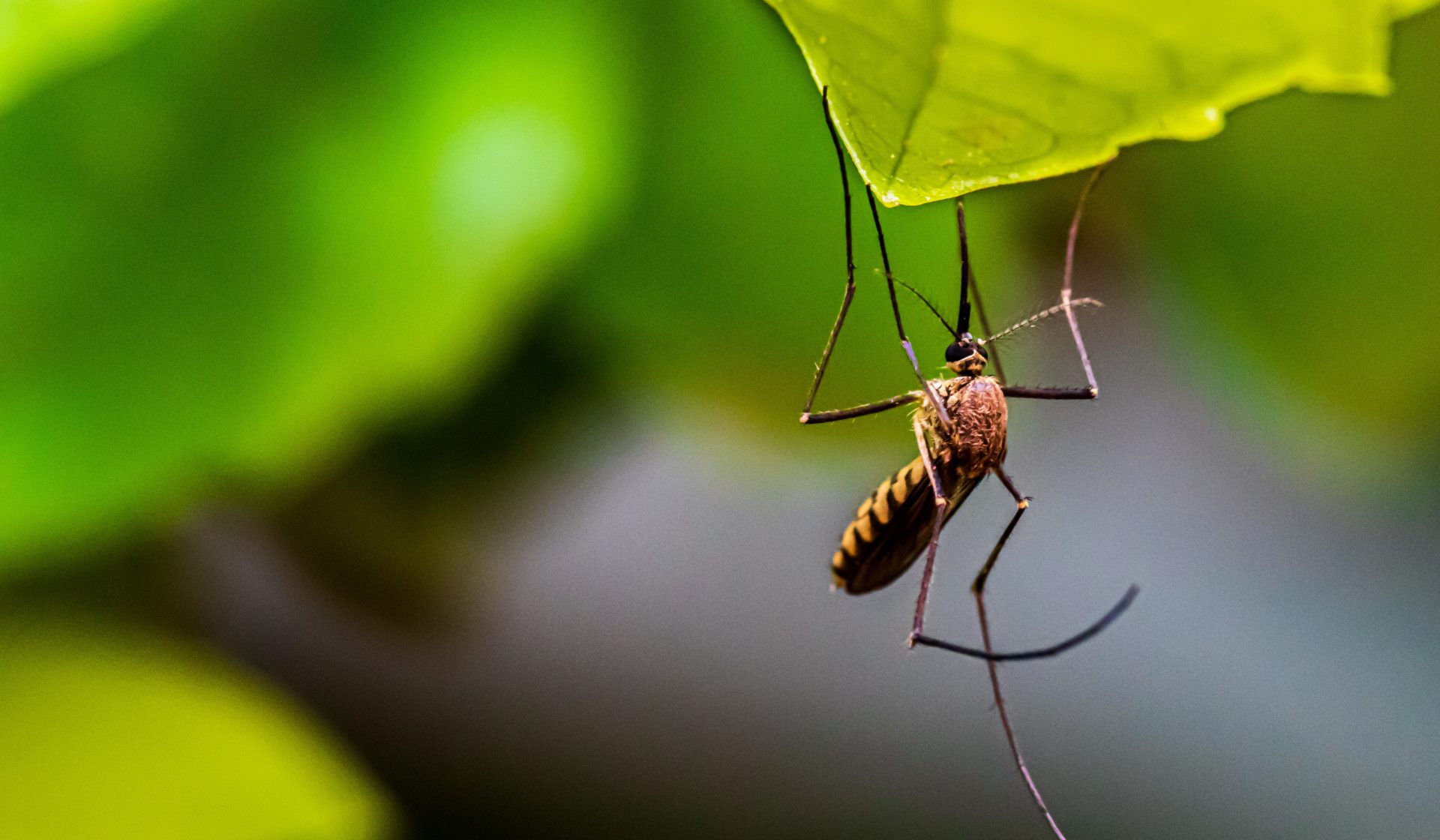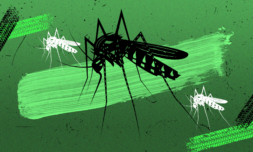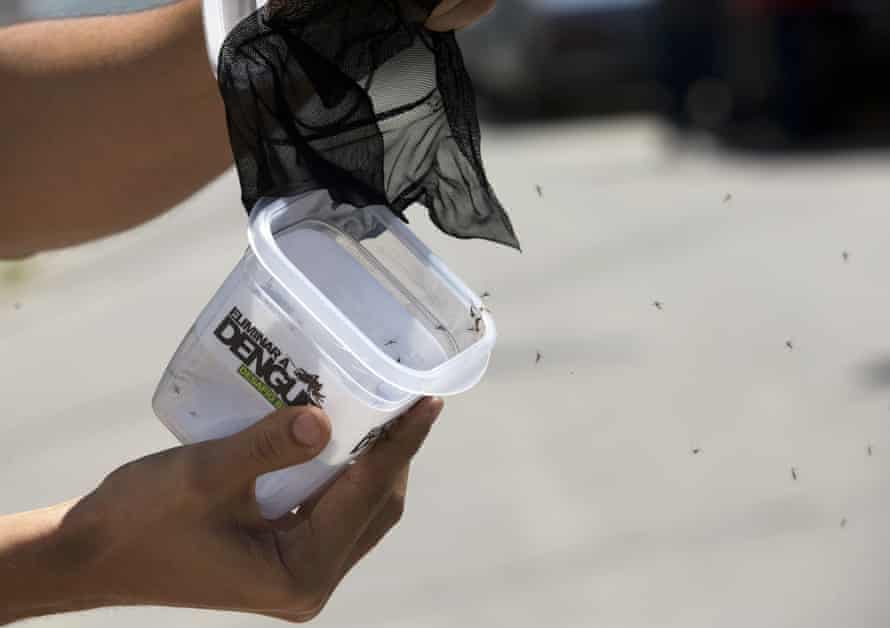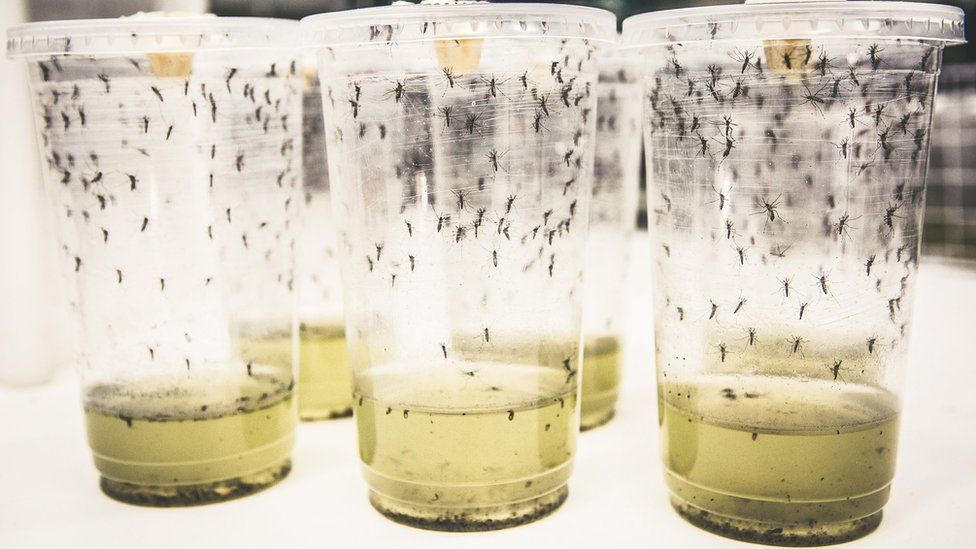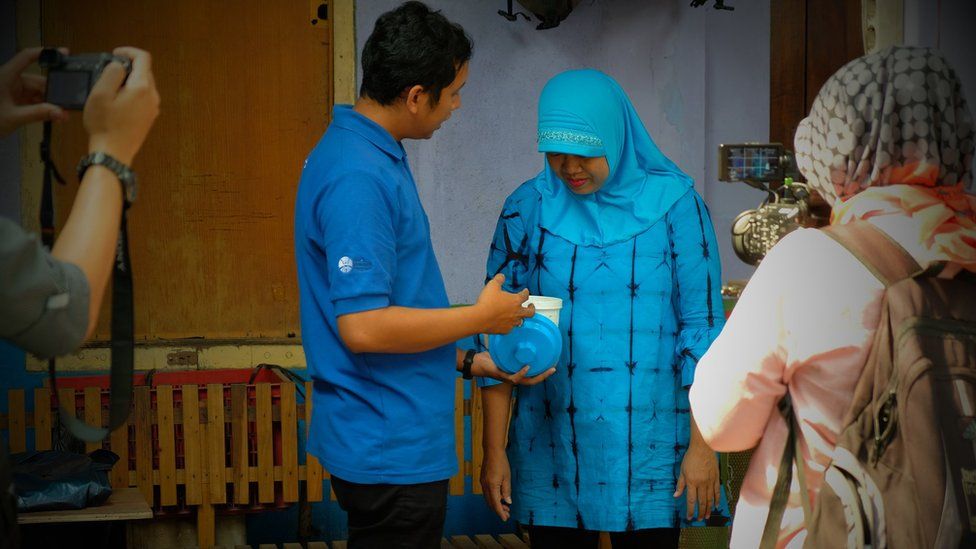According to scientists, cases of Dengue fever in Indonesia have been cut by 77% following a ‘ground-breaking’ yearlong experiment which manipulated the mosquitoes spreading it.
A new approach to fighting the spread of Dengue fever has proven remarkably effective in Indonesia.
By breeding special mosquitoes with a ‘miraculous’ bacteria that reduces their ability to transmit the deadly virus, scientists have successfully cut infection rates and hospital admissions by 77% in Yogyakarta where the experiment took place.
It’s a powerful blow against the most common mosquito-transmitted illness in the world, one that takes 20,000 lives every year and was – according to WHO – among the top ten threats to global health in 2019.
A relentless slow-burning pandemic, Dengue (commonly referred to as ‘break-bone fever’ because it causes severe muscle pain) is widespread throughout the tropics, particularly in Asia which accounts for roughly three quarters of all 400,000 annual cases on the planet.
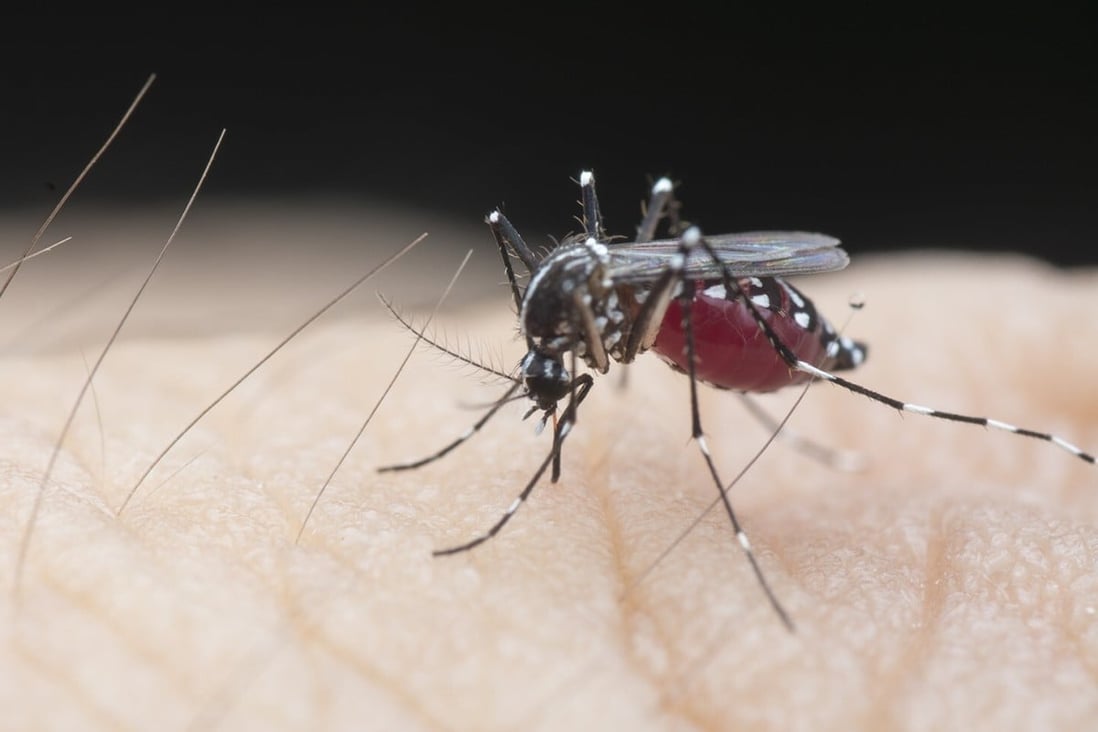
It’s transmitted specifically by bites from the Aedes Aegypti species, also a vector of chikungunya, yellow fever and Zika.
With no specific treatment currently in place to combat it, countries have – for decades – focused their efforts on environmental management policies such as insecticides or releasing large quantities of male mosquitoes to supress the blood-sucking population.
Unfortunately, this has (so far) been to no avail.
It’s for this reason that pioneering non-profit World Mosquito Program’s technique is being hailed as ground-breaking – for achieving the thought-to-be impossible.
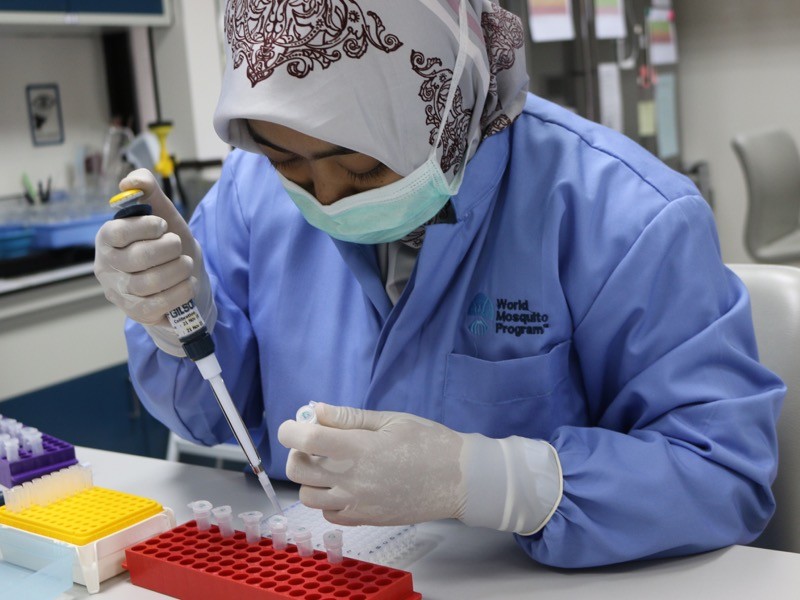
How does this experiment work?
The trial used mosquitoes infected with Wolbachia, a naturally occurring bacteria that doesn’t harm the insect, but that resides in the part of its body Dengue would need to access.
It also spreads very quickly which means that if a small number of carrier mosquitoes are released into an urban habitat (where Dengue is most rife), almost all local insects will be free of the virus within a few months.
‘Wolbachia is not genetically modified,’ explains Katie Anders, World Mosquito Program’s (WMP) impact assessment director.
‘It lives inside the cells of mosquitoes and uses the resources available there to limit the insect’s ability to carry Dengue.’
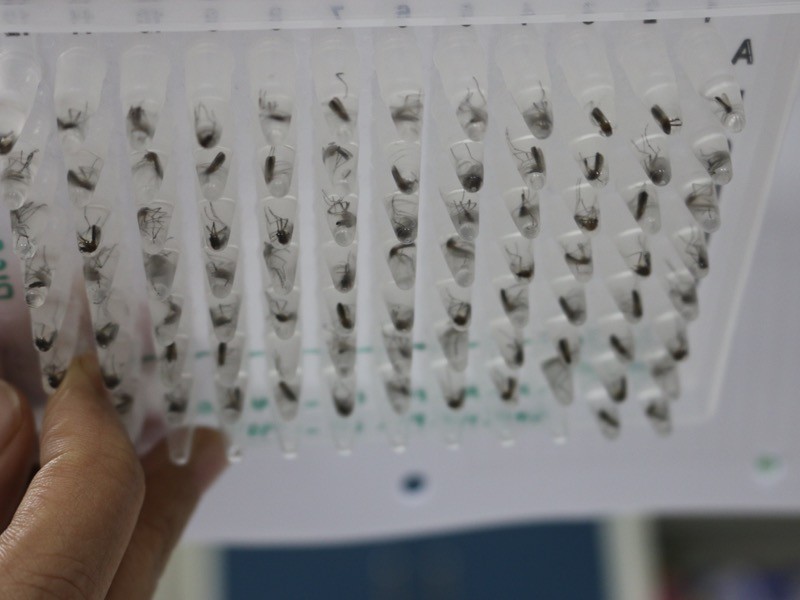
Not only this, but Wolbachia can alter the fertility of its host to ensure it’s passed onto the next generation of mosquitoes.
Once it’s been established, it will continue to protect against Dengue infection, a sharp contrast to existing control methods.
This offers a safe and effective long-term solution which could go on to tackle other mosquito-borne diseases in the future.
‘It has the potential to revolutionise mosquito control,’ she adds. ‘It’s an important milestone because it provides definitive evidence from a gold standard trial that where we have Wolbachia established, we are seeing dramatically less Dengue.’









